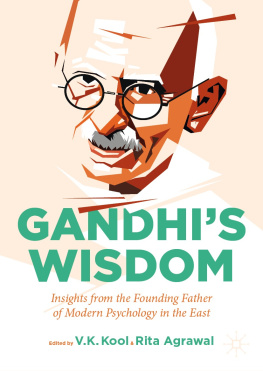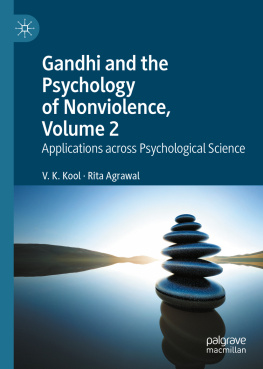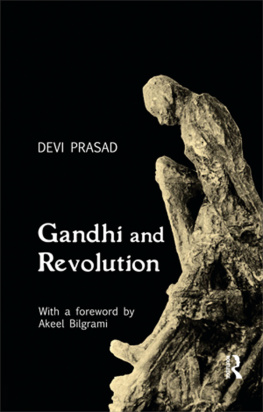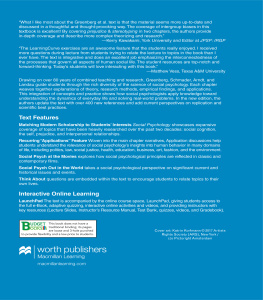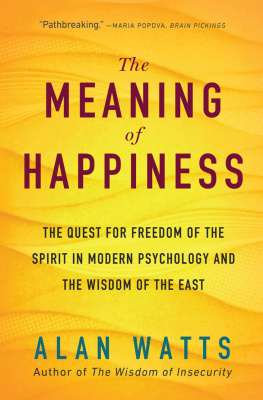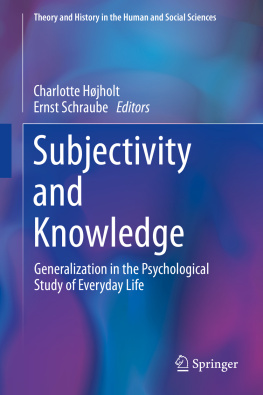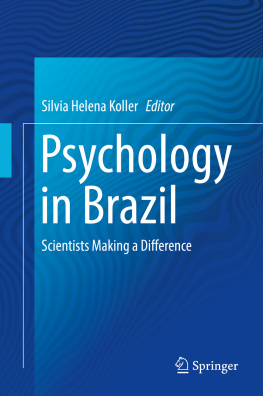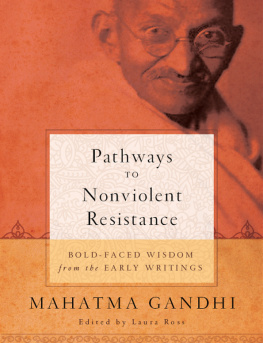Editors
V. K. Kool
SUNY Polytechnic Institute, Utica, NY, USA
Rita Agrawal
Harish Chandra Post Graduate College, Varanasi, Uttar Pradesh, India
ISBN 978-3-030-87490-2 e-ISBN 978-3-030-87491-9
https://doi.org/10.1007/978-3-030-87491-9
The Editor(s) (if applicable) and The Author(s), under exclusive licence to Springer Nature Switzerland AG, part of Springer Nature 2022
This work is subject to copyright. All rights are solely and exclusively licensed by the Publisher, whether the whole or part of the material is concerned, specifically the rights of translation, reprinting, reuse of illustrations, recitation, broadcasting, reproduction on microfilms or in any other physical way, and transmission or information storage and retrieval, electronic adaptation, computer software, or by similar or dissimilar methodology now known or hereafter developed.
The use of general descriptive names, registered names, trademarks, service marks, etc. in this publication does not imply, even in the absence of a specific statement, that such names are exempt from the relevant protective laws and regulations and therefore free for general use.
The publisher, the authors and the editors are safe to assume that the advice and information in this book are believed to be true and accurate at the date of publication. Neither the publisher nor the authors or the editors give a warranty, expressed or implied, with respect to the material contained herein or for any errors or omissions that may have been made. The publisher remains neutral with regard to jurisdictional claims in published maps and institutional affiliations.
Cover illustration: wpap
This Palgrave Macmillan imprint is published by the registered company Springer Nature Switzerland AG
The registered company address is: Gewerbestrasse 11, 6330 Cham, Switzerland
Preface
Plagued as the twenty first century globe is with insurmountable problems, utmost wisdom seems to be our only hope. Humankind, though at the apex of phylogeny, has played havoc with Nature, bringing in its wake, innumerable crises, both at the environmental level and at the interpersonal level. Our search for wisdom, or, if we may dare to say so, authentic wisdom, continues, with scholars from a variety of disciplines urging us forward and providing momentum. It is but natural that psychology, as the science of human behavior, bears equal if not greater responsibility in this endeavor. Mohandas Karamchand Gandhi, the half clad Indian, regarded by many as the wisest man to step on earth, provides many a clue. The need is to delve deeply into his life and work.
Gandhi is well known for his contribution to peace, justice, and nonviolence, leading to the independence of India (currently the largest democracy in the world), for sowing the seeds of freedom in South Africa, and overall, for giving shape to what we now know as organized nonviolence around the globe. There have been no dearth of scholars who had studied him during his life time, and many continue to do so, drawing from his wisdom in the hope of weaving the tapestry of harmonious and peaceful coexistence. In fact, more than 5000 scholarly books have been written on Gandhis life and work. However, with a few exceptions, for example, Eriksons Pulitzer Award winning book, Gandhis Truth (1969), there have been almost negligible attempts to scientifically study the ways through which Gandhi helped us internalize, and put in tandem, not only the core human psychological framework of cognition, motivation and emotion, but also to explore how they can be made congruous with people and things around us.
In our two-volume book, Gandhi and the psychology of nonviolence (Kool & Agrawal, 2020), we invited readers to view Gandhis life and works from the lens of scientific, modern psychology and how it has the potential to be used across various sub-fields, both traditional, such as social and community psychology, and those that are relatively new, such as psychology of technology. While we did mention Gandhis wisdom in that book, it was only as a passing reference at the end of the second volume.
There have been significant developments since then, including but not limited to, discussions regarding having a commonly agreed conceptualization of wisdom among psychologists (for example, a recent international conference in Canada). Further, there have been invitations to genuinely explore the scientific roots of nonviolence in the context of Gandhi (for example, Naglers Third Harmony and Cortlands core belief in the success of nonviolent methods). Added to the above are developments in the study of human cognition (for example, Kahnemans Prospect Theoryslow and fast thinking and its applications; Nobel Laureate Thalers nudging and boosting); neuropsychological researches in the study of self control; advances in the understanding of empathy and its neurological basis (for example, Gandhi neurons); neurological findings regarding relevant brain areas and its neuro-circuitry; evidence regarding the evolutionary basis of nonviolence and its concomitants and a much greater awareness regarding the importance of nonviolent methods for resolving conflict (through the empirical findings of Chenoweth and Stephan, for example). Moreover, there are psychologys new empirical endeavors in such nuanced forms of behavior as vows, silence, sacrifice and fasting, all of them being integral parts of Gandhis behavior contributing to the experiencing of wisdom in the context of nonviolence. And, can we disregard the growing consensus among eminent thinkers (such as Paul Krutzen, Martin Rees and Chris Rapley) on the enormity of humanitys responsibility as stewards of the earth during the current epoch of the anthropocene or the emphasis being laid by world bodies such as the United Nations regarding the role of humans in global warming, climate change and the creation of a sustainable ecology?
This book is about the missing link between Gandhis wisdom, the inspiration we can draw from him to solve the problems of this century, and the practice of authentic wisdom. Psychologists have been mentioning authentic happiness, but where is it? Not surprisingly, when the authenticity of things and people around us has been changing exponentially, from having a body versus being a body, to cloning, and more, it is becoming imperative to seek the mainstay of human cognition. This is where the wisdom of Gandhi could be of immense use, offering us the impeccable means of nonviolence for forming the core of coexistence. With human greed, coupled with the ever-increasing plethora of wants and the multitude of emotions disturbing the very foundation of our cognition (acquired through our cultural heritage, rightly, or even, partly so), the equipoise of human existence has never been as flimsy as it is today and the end result of our irresponsible behavior is being highlighted, like never before, during the pandemic caused by the Covid 19 virus.
While psychology, as a science, grew in the West under the leadership of William James in the USA and Wundt in Germany in the late 19th and early part of the twentieth century, Gandhi, around the same time or soon afterwards, was exploring the roots of the science of behavior in the gigantic canvas encompassing three continents (Asia, Africa and Europe), where he lived, interacted and experimented to explore the nature of human cognition through, what is commonly known as, his experiments with truth. Gandhi, in his own way, was exploring the nature of cognition, whereas the science of psychology was struggling to keep cognition as its focus of study, thanks to the anti-cognition movement led by distinguished psychologist Skinner during the mid- twentieth century.

